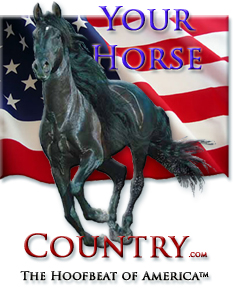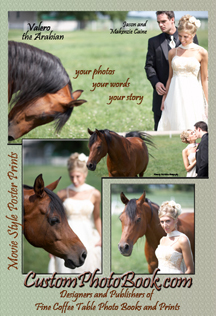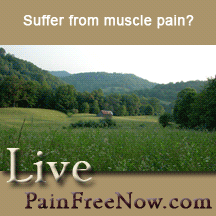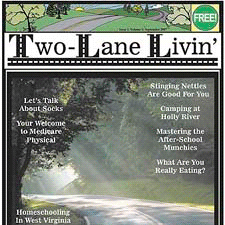|
Two Lane Livin' Your Horse
Country Column archives...
March
2011 - The importance of good dental hygiene for your horse
Written by Dawna B. Smith,
Journalist and Reporter, writer of the monthly "Your Horse Country" column for
Two Lane Livin' Magazine
Spring
reminds me to check my calendar for my annual dental visit, and to call
the equine dentist to have the horsesí teeth floated. Unlike human
teeth, a horseís teeth will continue to grow. Pastured horses and not
stable kept often donít require frequent teeth floating, as the natural
act of grazing helps wear the teeth.
Itís
the front teeth that are used to clip the grass close to the ground, while
the cheek teeth on the top and bottom act like mill stones to help break
down the course forage for easier digestion. Everyone worries about colic.
Good dental hygiene allowing for proper chewing of food can help prevent
costly and sometimes deadly colic problems.
A
sharp edge on a tooth can prevent the toothís flat part from adequately
grinding food. They can also cut into your horseís cheek and tongue
causing not only digestion problems and poor nutrition, but significant
pain.
Floating
can cost from $50 per animal up to $150, if your horse requires sedation.
The procedure is painless, and takes less than 30 minutes. Itís best to
hire a professional who knows what they are doing, as they will need to
carefully file and smooth the teeth properly to ensure a good flat
grinding surface between the upper and lower teeth. They may use a mouth
speculum, a hinged metal piece that is placed into your horseís mouth
that prevents the mouth from closing while the dentist uses a rasp or
power tool to smooth down the sharp points.
I
cringed the first time I saw it done and asked the vet if it hurt the
horse. She assured me it is painless because the nerve ends of a horseís
tooth are close to its gum line. Just like a rabbit, a horseís teeth
need to be worn down or they can grow so long as to prevent their mouth
from closing.
While
at a horse show last year, I met a certified equine dentist from
West Virginia
who showed me pictures he had taken of some of his clients. One was a pony
whose front bottom teeth had grown so long and curved upward that the
teeth cut painfully into the ponyís upper lip.
The
reason is usually good dental care that allows the horse to continue to
eat and digest properly. Wild horses and many domesticated stable kept
equines donít have the benefit of annual dental appointments. From the
cost of purchase, training, stabling, pasturing, feeding, worming,
building structures and more, you have already invested a substantial sum
of money into your hobby or passion. So, why cut your horseís life short
by not providing proper dental care?
Be
on the lookout forÖ
Weight
loss
Head
tossing
Constant
bit chewing
Drops
food from mouth
Difficulty
chewing
Excessive
salivation
Bridling
resistance
Undigested
food particles in manure
Difficult
handling while riding
Mouth
odor
Blood
in the mouth
Face
swelling
Nasal
discharge
People
are often surprised at the life span of some domesticated horses. Just
like Elmer Bandit, the remarkable 38 year old trail horse who finished his
last competitive ride in
Iowa
September 2009, bringing his career tally to a whopping 20,780 miles, a
national competitive trail riding record. Sadly, Elmer Bandit passed away
February 14, 2010. If you think youíre too old or your horse is too old
to trail ride or enjoy living, please read more about Mary Anna Wood and
Elmer Bandit. They are an inspiration to all of us. That old gelding,
still setting records at the age of 37, will be sorely missed.
Bio:
Dawna Smith,
Journalist and Reporter, writes the monthly column "Your Horse
Country" for Two Lane
Livin' Magazine, based in West Virginia, as well as numerous articles regarding pain related medical issues for
LivePainFreeNow.com. A photographer and free lance writer, her op-ed articles have been published regarding a variety of subjects.
She and her husband have been strong advocates for the elderly and disabled since 1998,
and formed the non-profit HEADINGS (helping elderly and disabled in need gain support) to help ensure that legislature, Department of Health and Human Resources, and the Centers for Medicare and Medicaid heard their voices. †
She can be reached at dawna @ yourhorsecountry.com
304-765-0490.
|




